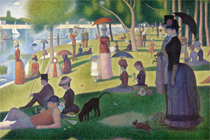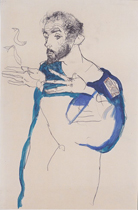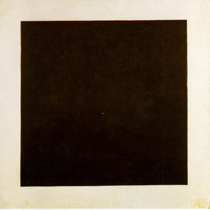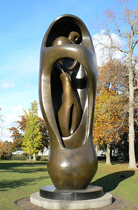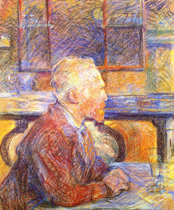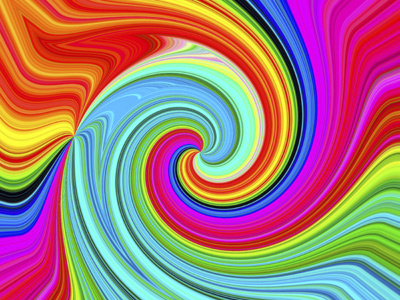
Periods - Modern Art
What became known as Modern art began towards the end of the 19th century with artists like Vincent van Gogh, Paul Cézanne, Paul Gauguin, Georges Seurat and Henri de Toulouse-Lautrec, whose works moved ever further from realism and closer towards abstraction, paving the way for the 20th century Modern artists who followed.
Modern art began to truly blossom in the early years of the 20th century with artists such as Henri Matisse and André Derain who revolutionised the art world with their brightly coloured 'Fauvist' paintings. Then, in 1907 Pablo Picasso painted his first Cubist picture, Les Demoiselles d'Avignon. Soon after came the Surrealist style which developed between the two World Wars, with artists like Paul Klee, Max Ernst and Salvador Dali.
This piece was one of 28 works by Moore to be displayed in Kew Gardens, London, in 2007
Ready for more?
not all...
quizzers. Try to win a coveted spot on our Hall of Fame Page.





